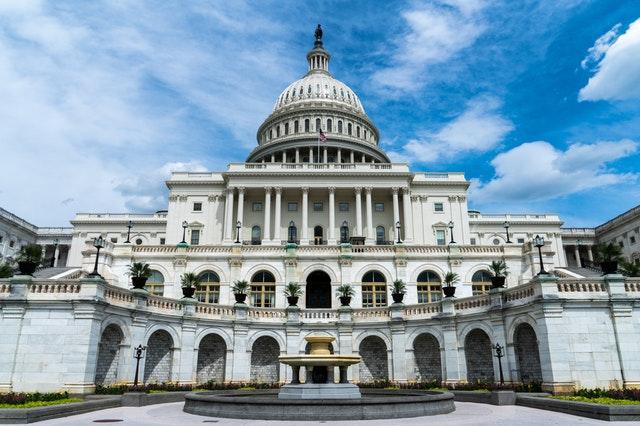
CHICAGO – Attorney General Kwame Raoul, as part of a coalition of 24 attorneys general, today filed an amicus brief in support of the U.S. Department of Justice’s (DOJ) challenge to Texas’ new unconstitutional six-week ban on abortions. The brief specifically supports DOJ’s motion for a preliminary injunction of the law, which went into effect earlier this month.
Get The Latest News!
Don't miss our top stories and need-to-know news everyday in your inbox.
“Perhaps more outrageous than Texas’ abortion ban that will force victims of rape and incest or women for whom abortion is a life-saving procedure to carry unwanted pregnancies, is the bounty Texas has placed on the heads of women seeking abortions and even those who provide transportation to those women,” Raoul said. “Texas’ unconstitutional law threatens the lives of women seeking safe abortion care, burdens states that will need to meet that need by providing care, and violates decades of Supreme Court precedent. I am urging the court to grant a preliminary injunction to stop this law from continuing to harm the women of Texas.”
The brief, filed today in the United States District Court for the Western District of Texas, argues that by banning nearly all pre-viability abortions within Texas’ borders, Senate Bill 8 (S.B. 8), violates nearly 50 years of Supreme Court precedent affirming the constitutional right to terminate a pregnancy before viability. The brief further contends that the Texas Legislature sought to circumvent prior Supreme Court rulings and prevent judicial review of the law by delegating enforcement authority to private individuals instead of the government and, as such, S.B. 8 is an “unprecedented attack on our constitutional order” and the rule of law.
The coalition contends that the clear purpose of S.B. 8’s private enforcement scheme is to produce an “across-the-board ban on constitutionally protected activity,” and that the private enforcement mechanism does not shield Texas’ unconstitutional law from judicial review. The brief describes how Texas created a structure within its state court system that requires courts to provide monetary and injunctive relief to claimants who bring cases against doctors who provide abortions and those who “aid and abet” such constitutionally protected care. Raoul and the coalition argue that the federal district court should not allow Texas to render the constitutionally-protected rights recognized in Roe v. Wade legally void through the law’s transparent scheme.
The brief describes how the law is already significantly impacting abortion provider clinics in Texas and beyond, including in amici states. Clinics in nearby states are already reporting an increase in calls from Texas patients seeking abortions. In fact, one day after the law went into effect, all abortion clinics in New Mexico were reportedly booked for weeks. This rise in abortion caseloads in other states from Texas patients and the increase in needed travel for patients could result in many people – especially low-income people – being unable to receive the care they need. The law also threatens the many people who help patients in Texas obtain access to an abortion by creating a more than $10,000 potential liability for anyone who so much as gives a patient a ride to an abortion provider or otherwise “aids or abets” an abortion. The amici states, the brief explains, are committed to shielding their residents and clinicians from these harms when they help a patient in Texas obtain constitutionally protected care.
Finally, the brief argues that it is essential for the federal district court to grant a preliminary injunction of the law to stop the irreparable harm that S.B. 8 is inflicting on people in Texas and across the country, including the amici states. Forcing a patient to carry an unwanted pregnancy to term, the brief argues, will lead to negative health and socioeconomic consequences, including placing people who are forced to carry a pregnancy to term at greater risk of life-threatening illnesses and harming their ability to maintain full-time employment.
Joining Raoul in filing today’s brief are the attorneys general of California, Colorado, Connecticut, Delaware, the District of Columbia, Hawaii, Maine, Maryland, Massachusetts, Michigan, Minnesota, Nevada, New Jersey, New Mexico, New York, North Carolina, Oregon, Pennsylvania, Rhode Island, Vermont, Virginia, Washington, and Wisconsin.
More like this:
